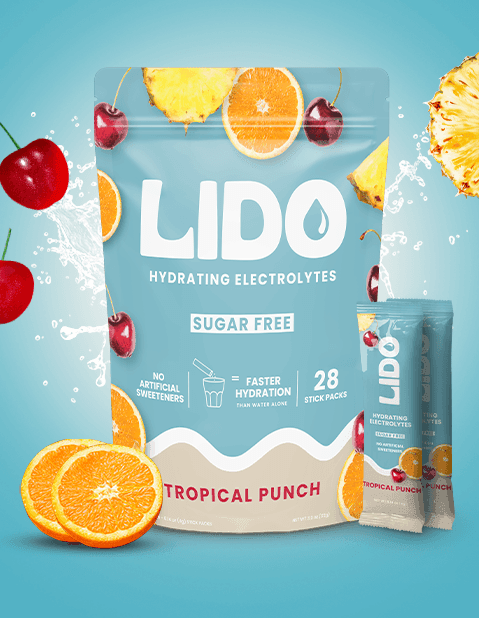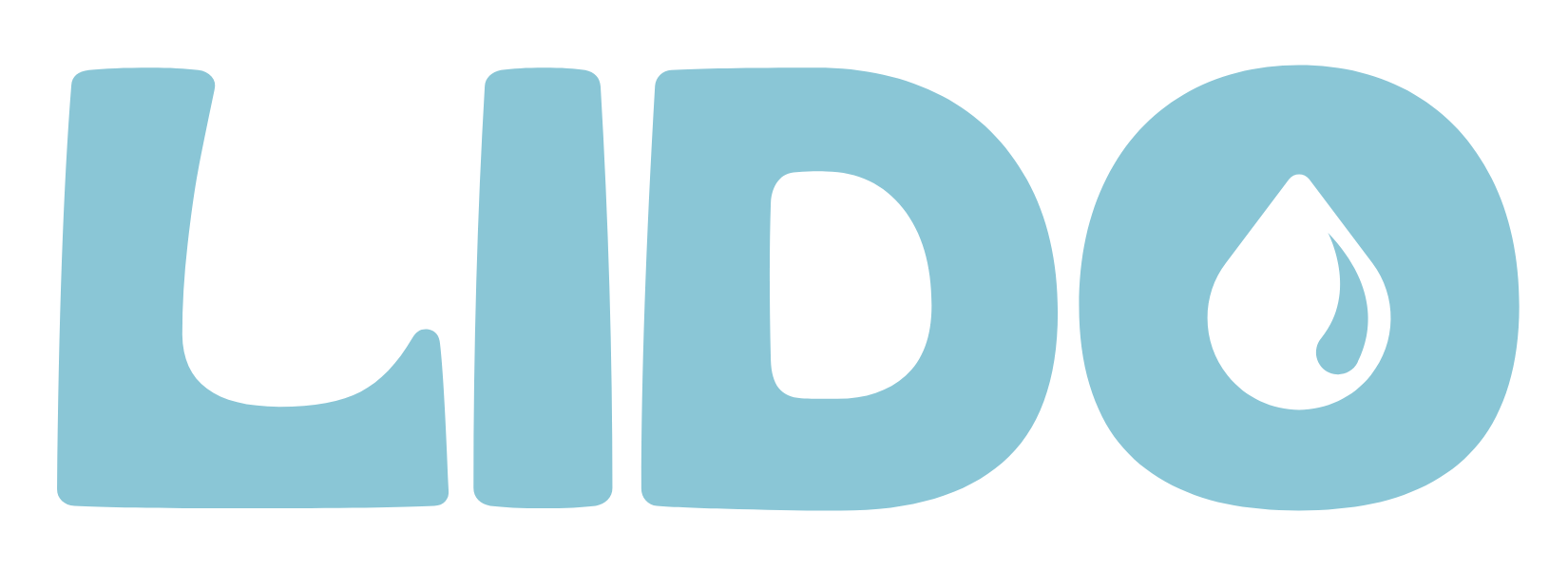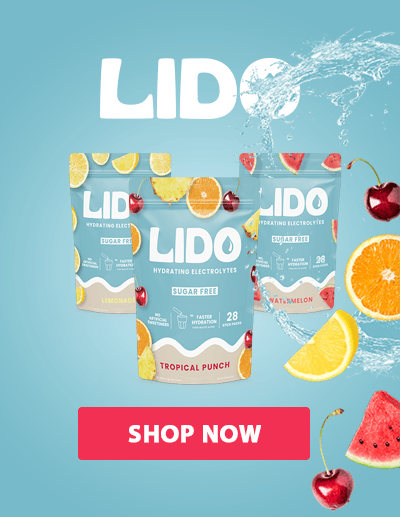Baby on Board? Here’s How Much Water to Drink Every Day
Jennifer DouglasShare

“Drink plenty of water!” You’ve probably heard this a million times during your pregnancy. Sure, upping your water intake is crucial when you’re expecting. However, it’s not just about chugging a bunch of H2O every day. You need to know (or at least have an idea of) how much to drink to stay hydrated.
Many experts advise drinking up to 12 cups, but it’s not always so cut and dry for all expectant mothers. Plus, between conflicting advice from family, friends, and health gurus and influencers online, you might feel even more confused about what works best for you.
But look on the bright side: we’ve got some helpful insights on how to figure out your ideal #pregnancyhydrationgoals and a few simple steps to ensure you and your little one stay #happyandhydrated.
Why Do I Need to Stay Hydrated When I’m Pregnant?
Staying hydrated may be one of the simplest things you can do for a healthier pregnancy. It offers some MAJOR health benefits you wouldn’t even think possible from something that seems so simple.
Let’s discuss why hydrating on the reg is vital for you and your baby-to-be.
Benefits for Mom (You)
As BabyCenter explains, a good water intake fends off dehydration, known for causing an array of uncomfortable—and sometimes worrisome—symptoms, such as pregnancy-related constipation, contractions, cramps, nausea, dizziness, headaches, blood pressure fluctuations, and vomiting.
Additionally, drinking enough H2O dilutes your urine and causes you to flush out more bacteria as you pee more often. This reduces the risk of urinary tract infections (UTIs) and bladder infections. It also protects against kidney stones and circulation problems and counterbalances the hormones that make your skin more delicate and prone to stretch marks, itching, and tightness. Keep drinking, and you’re also less likely to develop another common pregnancy ailment: hemorrhoids.
Some pregnant moms also find that being “water-wise” makes bowel movements easier and helps relieve symptoms of morning sickness, heartburn, acidity, and indigestion. It also helps them keep cool and comfy, especially during hot and humid months.
Benefits for the Baby
Proper hydration benefits not only Mama but also her little one. Babies typically undergo incredible changes on their 40-week journey, growing from a tiny cluster of cells to a fully formed newborn. So, naturally, their need for fluids will change a ton along the way.
Let’s hit the highlights of how hydration helps your baby grow and stay healthy:
First Trimester (Months 1-3)
Within the first 12 weeks of pregnancy, your baby goes from an embryo the size of a poppyseed into a peach-sized fetus. The baby is still very tiny at this early stage and doesn’t need a lot of extra fluids. However, you should keep hydrated to maintain your health and support your baby’s development. The first trimester is where facial features, organs, limbs, and other vital developments begin in the child. The placenta and umbilical cord also form to deliver essential nutrients to your growing baby. All these processes require adequate amounts of H2O.
Second Trimester (Months 4-6)
It’s the second trimester, and your morning sickness is (almost) over! You can give up this whole hydration thing for good now, right? Absolutely not! As the baby grows, more amniotic fluid is needed to form a protective barrier that keeps them warm and healthy in the womb and supports their development.
You must still prioritize proper hydration to have ample amniotic fluid to surround and cushion your child. If the amniotic fluid is too low during this time, it can lead to a potentially serious condition called oligohydramnios. And the result? Your baby may not make enough lung tissue and may have trouble breathing at birth. Or worse, it can lead to significant problems and complications that can result in congenital disabilities and even miscarriages, according to the Birth Injury Health Center.
Third Trimester (Months 7-9)
Your nearly full-term baby has grown a lot during the final months of pregnancy. Everything from the brain and digestive system to kidneys and lungs has almost finished forming. However, your blood volume increases by up to 50 percent during this stage to supply your baby with the oxygen and nutrients he needs to grow. And drinking enough H2O is the only way your baby can get all that good stuff from the prenatal vitamins and (hopefully healthy) foods you’re eating. This makes it more important to stay hydrated—especially since dehydration can quickly creep in and create chaos for you both.
Signs of Dehydration During Pregnancy
It’s always good to know when you’re not getting enough fluids, especially when pregnant. That way, you can nip it in the bud or seek medical attention if necessary. The best way to spot it is to pay attention to the warning signs. If you experience any of these symptoms, your body might be nudging you to drink up:
- You’re constipated.
- You’re incredibly thirsty.
- Your mouth feels dry and sticky.
- Your pee is dark yellow or straw-colored.
- You are tired, disoriented, or very sleepy.
- You can’t keep down fluids.
- You’re weak, dizzy, or faint when standing up.
- You’re feeling unusually hot.
- You’re experiencing headaches.
- You have bloody or black bowel movements or diarrhea that lasts for more than 24 hours.
According to Parents.com, if you are severely hydrated, you may have sunken eyes, very dark urine, produce very little to no urine, may be irritable or confused, and possibly experience rapid breathing, increased heartbeat, and low blood pressure.
Sometimes, these signs can start slowly and appear all at once. For instance, you may feel a mild headache in the morning, and if you don’t hydrate soon enough, you may have a terrible migraine accompanied by cramps and fatigue by nightfall.
If you think you’re dehydrated, experts suggest drinking water right away. It can take a few minutes to catch up on your water intake and the symptoms to fade. However, if you’re still experiencing headaches, fatigue, dizziness, and cramping after hydrating and getting enough rest, contact your doctor to examine your symptoms.
How Much Water Do Pregnant Women Need to Drink to Stay Hydrated?
This is where things get a bit tricky. The current recommendation is 8-10 glasses for pregnant women. However, your daily water needs will depend on factors unique to you, such as age, size, medical conditions, activity level, the weather, etc. So, the water you need to stay hydrated may differ from what someone else should have.
For example, if you work out regularly, engage in physically demanding activities, or live or work in a hot climate, you’ll naturally need more than those you don’t. So, there’s no one-size-fits-all answer to how much you should drink. But at least try to keep it at the baseline of 8 to 10 glasses daily.
If you still have questions or concerns about how much you should be drinking when pregnant, be sure to consult with a healthcare professional for guidance.
6 Simple and Creative Ways to Stay Hydrated During Pregnancy
You already know proper hydration is essential, especially when drinking for two. Here are some tips to smash your hydration goals:
- Set hydration reminders. Don’t wait until you’re parched and weary to get your fluids in. Set reminders on your phone to cue you to drink throughout the day.
- Carry a water bottle. What better way to stay motivated to hydrate than always having a bottle with you? It helps you guzzle on the go wherever you are.
- Eat your water. Try eating more water-rich foods like fruits and veggies like cucumbers, watermelons, strawberries, and apples. Also, add more vegetables like cabbage, lettuce, and tomatoes to your diet.
- Add some flavor. If you find plain water a little blah, add some lime or lemon slices, frozen berries, or fresh sprigs of mint for a hint of taste.
- Limit high-calorie, sugar-sweetened beverages. Sodas, fruit juices, coffee, and some sports drinks are usually packed with unnecessary sugars, artificial flavoring, and calories that do nothing but pull water from the body instead of hydrating it.
- Consider hydrating mixes for that much-needed boost: While drinking enough H2O is essential to proper hydration, you must also ensure you’re replenishing your electrolytes. Doing so helps regulate fluids in your cells and rehydrate your body—and hydrating electrolyte mixes are perfect for helping you achieve that and more.
Restore Your Balance with ADAY’s Sugar-Free Electrolyte Mixes
You deserve to feel your absolute best—even more so when nurturing another precious life. That’s why we’ve created sugar-free, hydrating electrolyte mixes with natural, gluten-free, and non-GMO ingredients to nourish you and your baby. Our blends come in delicious flavors and are specially formulated with hydrating electrolytes, including sodium, potassium, and magnesium, to help keep you healthy, happy, and hydrated during and after pregnancy.





